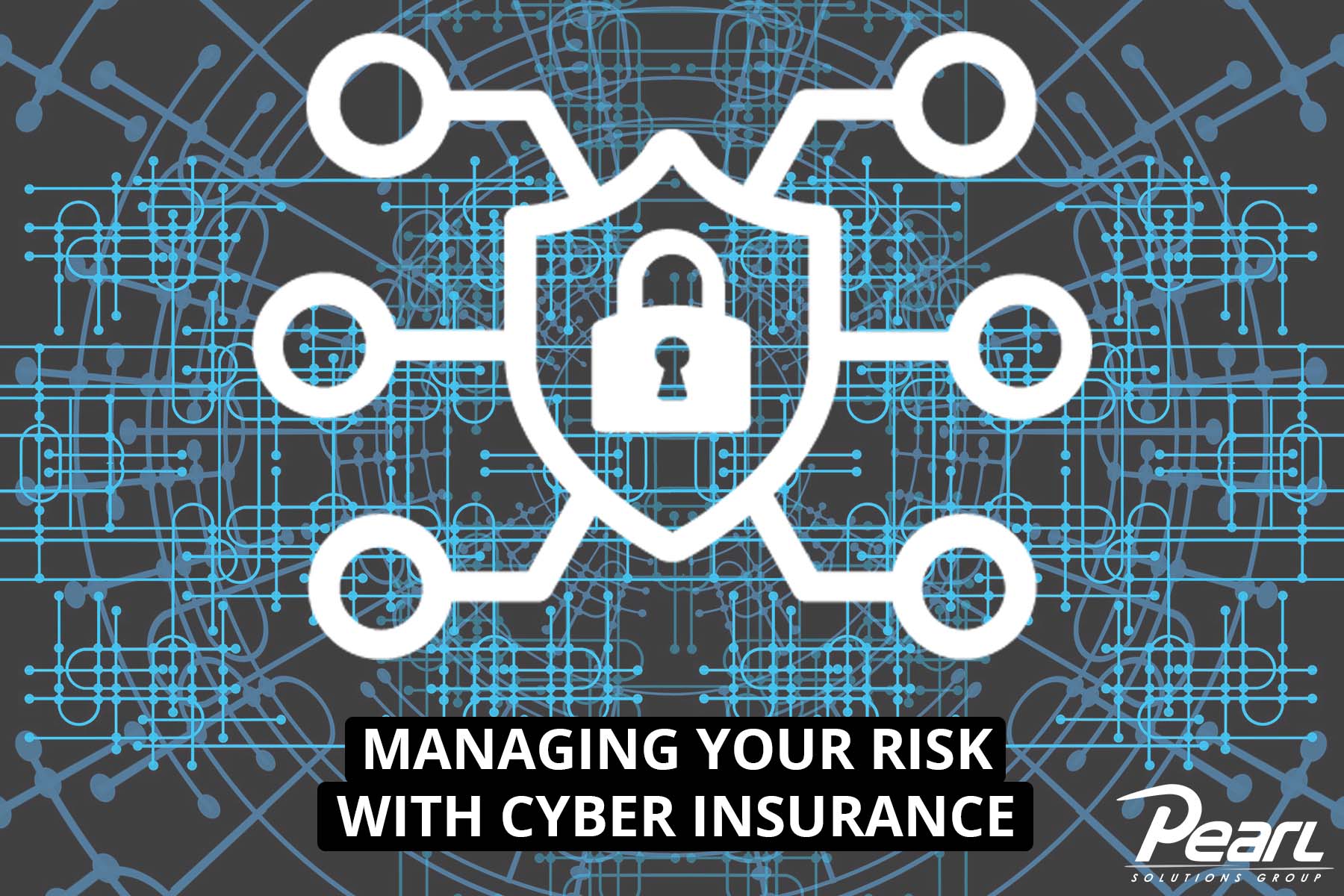Cyber insurance should be part of your cybersecurity strategy to help protect your business against losses resulting from a cyber attack. Many small business owners may think they aren’t a valuable target, but data shows otherwise. Small businesses are more likely to have gaps in cyber attack prevention and now make up almost half of all attacks. The average ransomware payment to a cybercriminal from a small business is $43,000 and a data breach costs companies an average of $200,000. Here are considerations for managing your risk with cyber insurance.
Not all policies are created equal and the types of exposures common for your businesses can be unique. When consulting with an insurance provider or carrier, you should ask if they will defend you in a lawsuit or regulatory investigation, offer a 24/7 breach hotline, and provide coverage in excess of any other applicable insurance you have. Additionally, all small businesses should make sure your cyber insurance policy covers:
- Data breaches with attention to incidents involving theft of personal information
- Cyber attacks on your data held by vendors and other third parties
- Cyber attacks that occur anywhere in the world, not only in the United States
- Network breach attacks
- Terrorist acts
There are two types of cyber insurance coverage, first-party and third-party. You may need or prefer one or both based on your business type and exposures.
First-party cyber coverage protects your data, including employee and customer information. This coverage typically includes your business’s costs related to:
- Legal counsel to determine your notification and regulatory obligations
- Recovery and replacement of lost or stolen data
- Customer notification and call center services
- Lost income due to business interruption
- Crises management and public relations
- Cyber extortion and fraud
- Forensic services to investigate the breach
- Fees, fines, and penalties related to the cyber incident
Third-party cyber coverage generally protects you from liability if a third party brings a claim against you. this type of coverage typically includes:
- Payments to consumers affected by the breach
- Claims and settlement expenses relating to disputes or lawsuits
- Losses related to defamation and copyright or trademark infringement
- Costs for litigation and responding to regulatory inquires
- Other settlements, damages, and judgements
- Accounting costs
Pearl Solutions Group provides cybersecurity planning and management solutions that follow the National Institute of Standards and Technology (NIST) framework and align your plan with corporate objectives. In an effort to help our customers identify cyber vulnerabilities and increase awareness and level of protection, we are in the middle of a cybersecurity webinar series. Join us Wednesday, October 27th at 10:00 AM CST for an interactive conversation on managing your risk with cyber insurance. Register online and catch up on other critical cyber security strategies.




